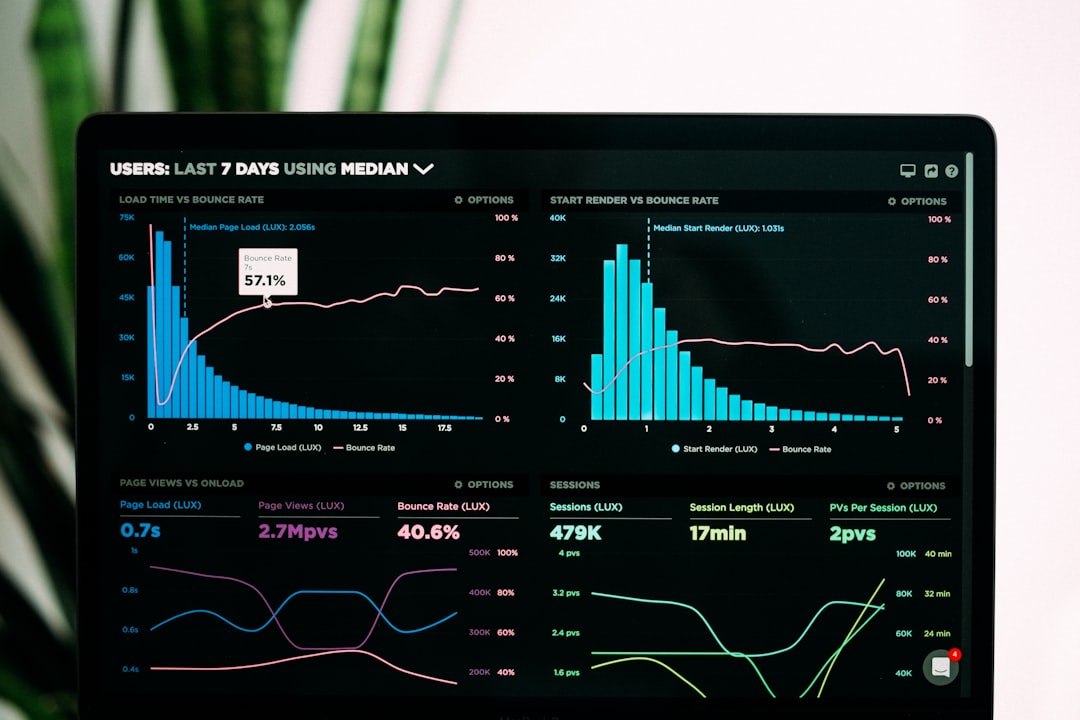Unlock encrypted content
Please enter your SSCE key to initiate on-the-fly decryption.
Decryption key: (Click cancel if you don't have the key)
Copied link to clipboard.
This feature is unavailable for free accounts. Upgrade now and enjoy all Premium benefits.
Go Premium!
This feature is unavailable for free accounts. Upgrade now and enjoy all Premium benefits.
Go Premium!
Please open this page in browser ( Google Chrome or Safari ) to use this feature.
Open In Browser
Autonomous Driving: Ensuring Data Sovereignty and Security in the Era of Connected Cars
Random related video for this blog.
Copied share link to clipboard.
With vehicles becoming increasingly connected and reliant on data, ensuring data sovereignty and security has become paramount. In this article, we will explore the challenges and solutions surrounding data sovereignty in autonomous driving, while also delving into the importance of photo sharing, data storage, and file synchronization in this rapidly evolving landscape.
The Challenge of Data Sovereignty in Autonomous Driving
As autonomous vehicles become more prevalent on our roads, they generate an enormous amount of data. This data encompasses everything from sensor readings and GPS coordinates to video footage and vehicle diagnostics. The sheer volume and sensitivity of this data pose significant challenges when it comes to data sovereignty. Data sovereignty refers to the concept that data is subject to the laws and regulations of the country in which it is collected. In the context of autonomous driving, it means that the data generated by these vehicles must adhere to the data protection and privacy laws of the regions in which they operate. This is particularly crucial when data is shared across borders or stored in the cloud.Photo Sharing and Data Storage for Autonomous Driving
Photo sharing plays a pivotal role in autonomous driving, as it enables vehicles to capture and share visual data with other vehicles, infrastructure, and cloud-based systems. This data is invaluable for tasks such as object recognition, road condition assessment, and real-time mapping. However, the secure and efficient sharing of these photos is essential to ensure data integrity and privacy. FileLu, a cutting-edge mobile app, offers a comprehensive solution for photo sharing in autonomous driving. With its instant file synchronization capabilities and cloud server integration, FileLu enables seamless and secure sharing of photos between vehicles and other stakeholders. Furthermore, its 3D data storage capabilities provide a flexible and efficient way to store and manage thevast amount of visual data generated by autonomous vehicles.
Data Storage and File Synchronization in Autonomous Driving
In addition to photo sharing, data storage and file synchronization are critical components of autonomous driving systems. The ability to store and access data in real-time is essential for tasks such as route planning, sensor calibration, and system updates. Moreover, file synchronization ensures that all relevant stakeholders have access to the most up-to-date data, promoting collaboration and efficiency. FileLu's cloud server integration and instant file synchronization capabilities make it an ideal solution for autonomous driving. By securely storing data in the cloud, FileLu ensures that it is easily accessible to authorized parties, regardless of their location. The app's flexible file sharing permissions enable granular control over data access, ensuring that sensitive information remains protected.Music Streaming and Entertainment in Autonomous Vehicles
While data sovereignty and storage are critical aspects of autonomous driving, it is equally crucial to consider the entertainment and comfort of passengers. Music streaming, in particular, has gained significant popularity as a means to enhance the driving experience. With autonomous vehicles freeing up drivers' attention, passengers can now fully immerse themselves in the journey with their favorite tunes. FileLu recognizes the importance of music streaming in autonomous vehicles and offers seamless integration with popular music streaming services. Passengers can effortlessly stream their favorite songs directly from the app, ensuring an enjoyable and personalized experience throughout the journey.Conclusion
As autonomous driving continues to reshape the automotive industry, ensuring data sovereignty and security is paramount. FileLu's innovative mobile app addresses these challenges by providing seamless photo sharing, data storage, and file synchronization capabilities. With its cloud server integration, instant file synchronization, and flexible file sharing permissions, FileLu empowers autonomous driving systems to operate efficiently and securely. FAQs Question: How does FileLu ensure data sovereignty in autonomous driving? Answer: FileLu ensures data sovereignty by adhering to the data protection and privacy laws of the regions in which it operates. It securely stores data in the cloud and provides granular control over file sharing permissions. Question: Can FileLu be integrated with other music streaming services? Answer: Yes, FileLu seamlessly integrates with popular music streaming services, allowing passengers to enjoy their favorite songs during autonomous journeys. Question: What are the storage options offered by FileLu? Answer: FileLu offers premium plans ranging from 256 GB to 500 TB, as well as free plans from 10 GB to 250 GB. This ensures that users have ample storage space for their autonomous driving data. Question: How large of a file can be transferred using FileLu? Answer: FileLu allows users to send files up to 250 GB in size, making it ideal for transferring large datasets generated by autonomous vehicles. Question: Is FileLu suitable for professional use in the autonomous driving industry? Answer: Absolutely! FileLu's comprehensive features and secure infrastructure make it an excellent choice for professionals in the autonomous driving industry who require efficient data sharing and storage capabilities. For more information about FileLu's features and pricing, visit https://filelu.com.By Amelia Isabella
Email: [email protected]
Related
Advanced Uploading Tools and Encryption Algorithms for Secure File Management.
June 3, 2023
Read More
Scalable Storage and Cloud Security: Real-time Collaboration and Secure Data...
June 3, 2023
Read More
The Future of Document Storage: Cognitive Computing and Biometric Authentication.
June 3, 2023
Read More
Cloud Computing: Empowering High-Speed File Downloads and Online Collaboration.
June 3, 2023
Read More
Popular
Latest
The Future of Digital Transformation: Exploring Smart Homes, Efficient File...
November 30, 2025
Read More
Exploring the Benefits of Cloud Storage and Innovative Technologies in...
November 26, 2025
Read More
The Future of Technology: Exploring Biohacking, Space Tourism, and Digital...
November 23, 2025
Read More
The Future of File Sharing: Streamlined Workflows for Photographers and...
November 19, 2025
Read More
Exploring the Intersection of Technology: From Cybersecurity to Augmented Reality...
November 16, 2025
Read More
The Future of File Management: Embracing Edge Computing and Efficient...
November 12, 2025
Read More
The Future of File Sharing: Exploring User-Friendly Solutions and Data...
November 5, 2025
Read More
The Future of Cloud Storage: How FileLu Empowers Creative Professionals...
November 2, 2025
Read More
The Future of Autonomous Technologies: Innovations in Robotics, File Sharing,...
October 29, 2025
Read More
Emerging Technologies Revolutionizing File Management: From Li-Fi to Robust Collaboration...
October 26, 2025
Read More
Emerging Technologies: Exploring the Impact of File Access Auditing, Genetic...
October 19, 2025
Read More
The Future of Data Storage: Exploring Advanced Encryption, Mobile Integration,...
October 5, 2025
Read More
Exploring the Future of Data Management: Security, Efficiency, and Cognitive...
September 28, 2025
Read More
Revolutionizing Data Management: Innovations in Storage, Security, and Sustainable Technology.
September 24, 2025
Read More






















